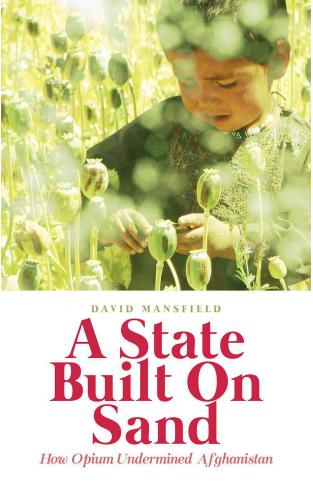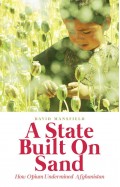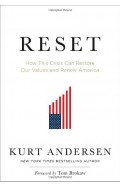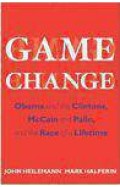A State Built on Sand How Opium Undermined Afghanistan -
By: David Mansfield
-
Rs 3,097.50
- Rs 6,195.00
- 50%
You save Rs 3,097.50.
Due to constant currency fluctuation, prices are subject to change with or without notice.
| Book | |
| What's in the Box? | 1 x A State Built on Sand How Opium Undermined Afghanistan - |
A State Built on Sand How Opium Undermined Afghanistan -
By: David Mansfield
Rs 3,097.50 Rs 6,195.00 Ex Tax :Rs 3,097.50
Zubin Mehta: A Musical Journey (An Authorized Biography)
By: VOID - Bakhtiar K. Dadabhoy
Rs 892.50 Rs 1,050.00 Ex Tax :Rs 892.50
A Woman Among Warlords The Extraordinary Story Of An Afghan Who Dared To Raise Her Voice
By: Malalai Joya
Rs 1,100.75 Rs 1,295.00 Ex Tax :Rs 1,100.75
The Origins of Political Order From Prehuman Times to the French RevolutioN
By: Francis Fukuyama
Rs 4,045.50 Rs 4,495.00 Ex Tax :Rs 4,045.50
Reset: How This Crisis Can Restore Our Values and Renew America
By: Kurt Andersen
Rs 450.00 Rs 500.00 Ex Tax :Rs 450.00
How To Win A Cosmic War God Globalization And The End Of War
By: Reza Aslan
Rs 625.50 Rs 695.00 Ex Tax :Rs 625.50
Game Change Obama And The Clintons McCain And Palin And The Race Of A Lifetime
By: John Heilemann
Rs 715.50 Rs 795.00 Ex Tax :Rs 715.50
Made to Stick: Why Some Ideas Take Hold and Others Come Unstuck
By: Chip Heath & Dan Heath
Rs 2,695.50 Rs 2,995.00 Ex Tax :Rs 2,695.50
A Woman Among Warlords The Extraordinary Story Of An Afghan Who Dared To Raise Her Voice
By: Malalai Joya
Rs 1,100.75 Rs 1,295.00 Ex Tax :Rs 1,100.75
Zubin Mehta: A Musical Journey (An Authorized Biography)
By: VOID - Bakhtiar K. Dadabhoy
Rs 892.50 Rs 1,050.00 Ex Tax :Rs 892.50
A State Built on Sand How Opium Undermined Afghanistan -
By: David Mansfield
Rs 3,097.50 Rs 6,195.00 Ex Tax :Rs 3,097.50
A Woman Among Warlords The Extraordinary Story Of An Afghan Who Dared To Raise Her Voice
By: Malalai Joya
Rs 1,100.75 Rs 1,295.00 Ex Tax :Rs 1,100.75














-120x187.jpg?q6)







-120x187.jpg?q6)








